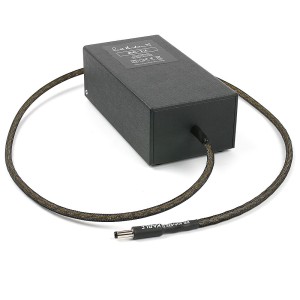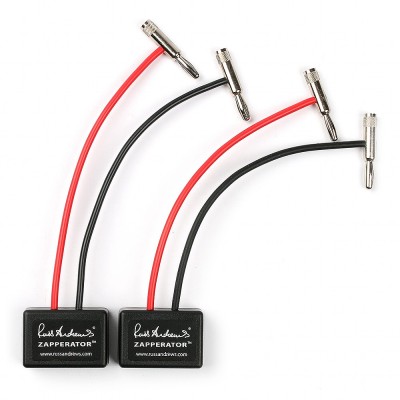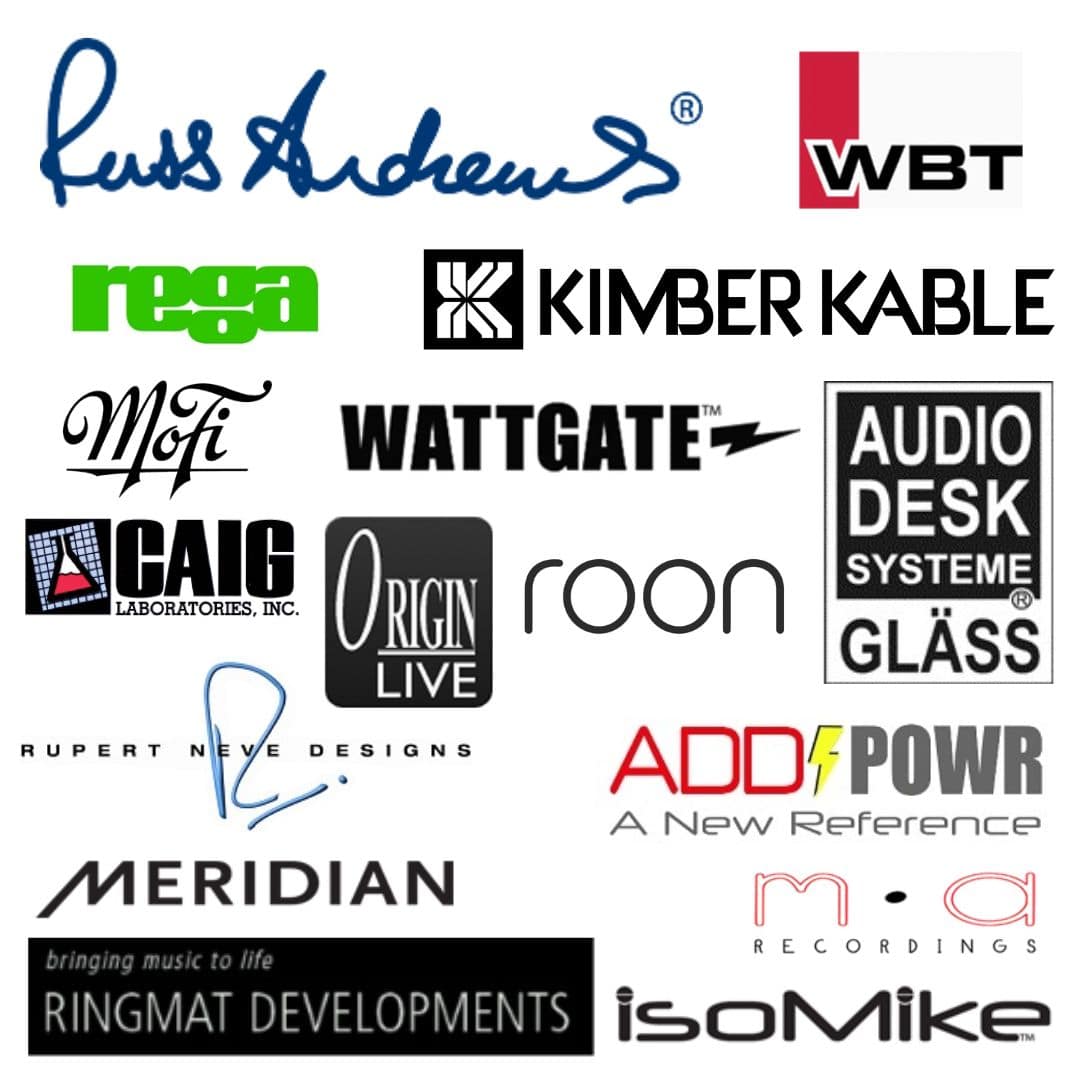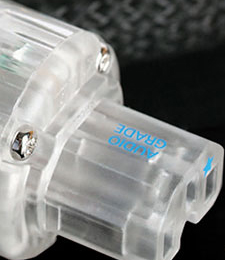Green Day
Tuesday, 27th July 2021
David Price suggests that going green may not be as straightforward as we perhaps thought
“Why have you just bought that diesel car?”, I asked my friend around the turn of the century. “I’m going green,” he said, “and you should too!” Famous last words, of course. The car he ended up buying smoked more than Keith Richards on a bad day.

This was then followed by another vehicle that – although apparently far cleaner – turned out to have an emissions-cheating ECU, and likely spews out more exhaust particulates than a Victorian workhouse.
The road to hell...
Don’t get me wrong. As a country boy who grew up in leafy Oxfordshire – and who loved nothing more than disappearing deep into its green fields for days on end – I care passionately about the environment. The problem is that the road to hell is paved with good intentions. I’m tired of politicians lecturing me on the subject, and then announcing grand schemes that either have no effect, or do more harm than good.
Many of these initiatives – from the move to diesel twenty years ago, to the banning of powerful hair dryers, kettles, light bulbs and hoovers – simply ended up as gesture politics, or moving the pollution from one side of the world to another. Outsourcing your production from Stranraer to Shenzhen may well mean your company complies with this or that UK or EU standard, but it’s just dumping your smog somewhere else. Common sense is a commodity that politicians of all stripes singularly lack.
The “green revolution”, as our current government calls it, is already having an effect in the Hi-Fi world. I’m old enough to remember the vogue for leaving your Hi-Fi systems on all the time. Well now we’re heading the other way, with manufacturers increasingly adopting Class D amplification. Having known Ken Ishiwata well - before his untimely passing in late 2019 - I knew his thoughts about its sound for decades, so was amazed to see Marantz going that way. In all fairness though, the company has made a fine fist of the technology – but there aren’t many that do.

Practically everything that I review now seems to have automatic poweroff, preset inside the menu system. That makes running in review kit tricky, as the darned things switch themselves off every twenty minutes, unless you can be bothered to fiddle around with the settings. This is more about sending a signal than it is saving the planet, I suspect – and I fear more is to come.
As Class AB amplifiers get replaced by Class D designs, I wonder how long it is before a government edict effectively outlaws the sale of new valve amplifiers? These are the Hi-Fi equivalent of using an old, coked-up V12 Jaguar for the school run. Someone, somewhere will doubtless have their sights set on banning them.

Green Stream?
Now I have friends telling me that “streaming is green”. This is “déjà vu all over again”, in the immortal words of Yogi Berra. Just as diesel cars weren’t the magic cure-all to our environmental ills, nor is streaming movies and music a cost- free activity. If you’re going to tally up all the various avenues for polluting, then it’s true to say that CDs and LPs are far from carbon-neutral.

For example, vinyl records are effectively petrochemical products, and rely on marine creatures swimming in the seas millions of years ago. CDs are kind of similar, inasmuch as they’re 1.2-millimetre thick polycarbonate plastic, plus a thin layer of aluminium inside. Neither format is exactly recycled paper!
You have then got to factor in the transport costs of physical media. Each disc has to be made, then driven by truck to warehouses, then on to shops. Music fans need to travel to shops to buy them – presumably in their diesel cars. Either that or a diesel Transit van ends up dropping your shiny new CD off on your front doorstep. Then of course there’s the packaging, the paper and the plastic shrinkwrap – all of which aren’t ideal. Surely it can only be a good thing that we’re leaving the evil, resource-hungry world of physical media behind?

Yes and no. Just like electric cars, streaming music doesn’t necessarily reduce power consumption, it merely shifts the position of where it takes place. No longer is your prized music stored on your phone – or the aforementioned LP record or CD. Instead it goes onto a server, often a very long way away – and has then to be squirted to you each and every time you play your favourite tunes on Spotify, Tidal or Qobuz.
One leading streaming service is said to have well over 200 million monthly active users, listening to many billions hours of material. In order for it to work, it requires so-called cloud storage – but this isn’t a whole load of ones
 and noughts floating in the upper echelons of the atmosphere like a weather balloon. Rather, it’s made possible by vast numbers of server farms – huge buildings full of computers, switches, data storage devices, cables, air conditioning and the rest of it.
and noughts floating in the upper echelons of the atmosphere like a weather balloon. Rather, it’s made possible by vast numbers of server farms – huge buildings full of computers, switches, data storage devices, cables, air conditioning and the rest of it.Google says that one web search uses the same amount of energy as a 60W light bulb would over 17 seconds, and produces something like 0.2 grams of CO2. Collectively, with around 3.8 million Google searches every minute, that’s a lot of electricity. Some estimates put it at around two percent of global usage, and about as much carbon as the airline industry.

Compare that to an LP, where the pollution was ‘sunk’ at the time it was produced – in the case of my record collection mostly between 1970 and 1990. The more I play my LPs, the more the emissions-per-play equation drops, which is the precise reverse of streaming. Yes, my turntable motor uses a few watts, but I can offset that by doing fewer Google searches per day.
I’m as up for reducing humankind’s environmental impact as anyone, but I’d simply say this; governmental edicts and/or glittering new technology is often more of an optical illusion than it is a solution. Buying used CDs and vinyl is recycling at its best, as is playing it on well set-up hi-fi equipment that you know and love.
This article first appeared in Connected magazine, issue 55, Summer 2021. To subscribe to Connected magazine, click here.
 David Price is a Hi-Fi journalist, reviewer, former editor of Hi-Fi World and Hi-Fi Choice Magazines and a regular contributor to our Connected magazine. He is currently Editor in Chief of StereoNET.
David Price is a Hi-Fi journalist, reviewer, former editor of Hi-Fi World and Hi-Fi Choice Magazines and a regular contributor to our Connected magazine. He is currently Editor in Chief of StereoNET.
Written By David Price






















